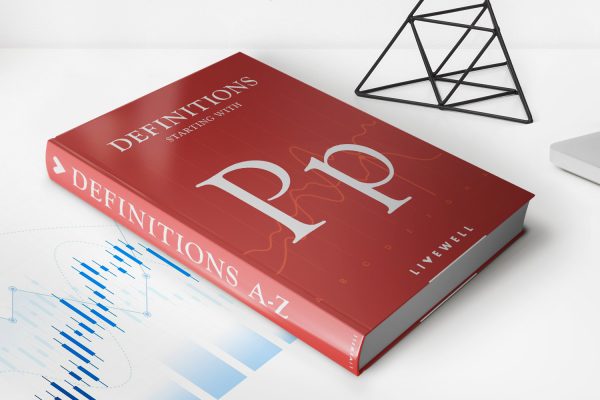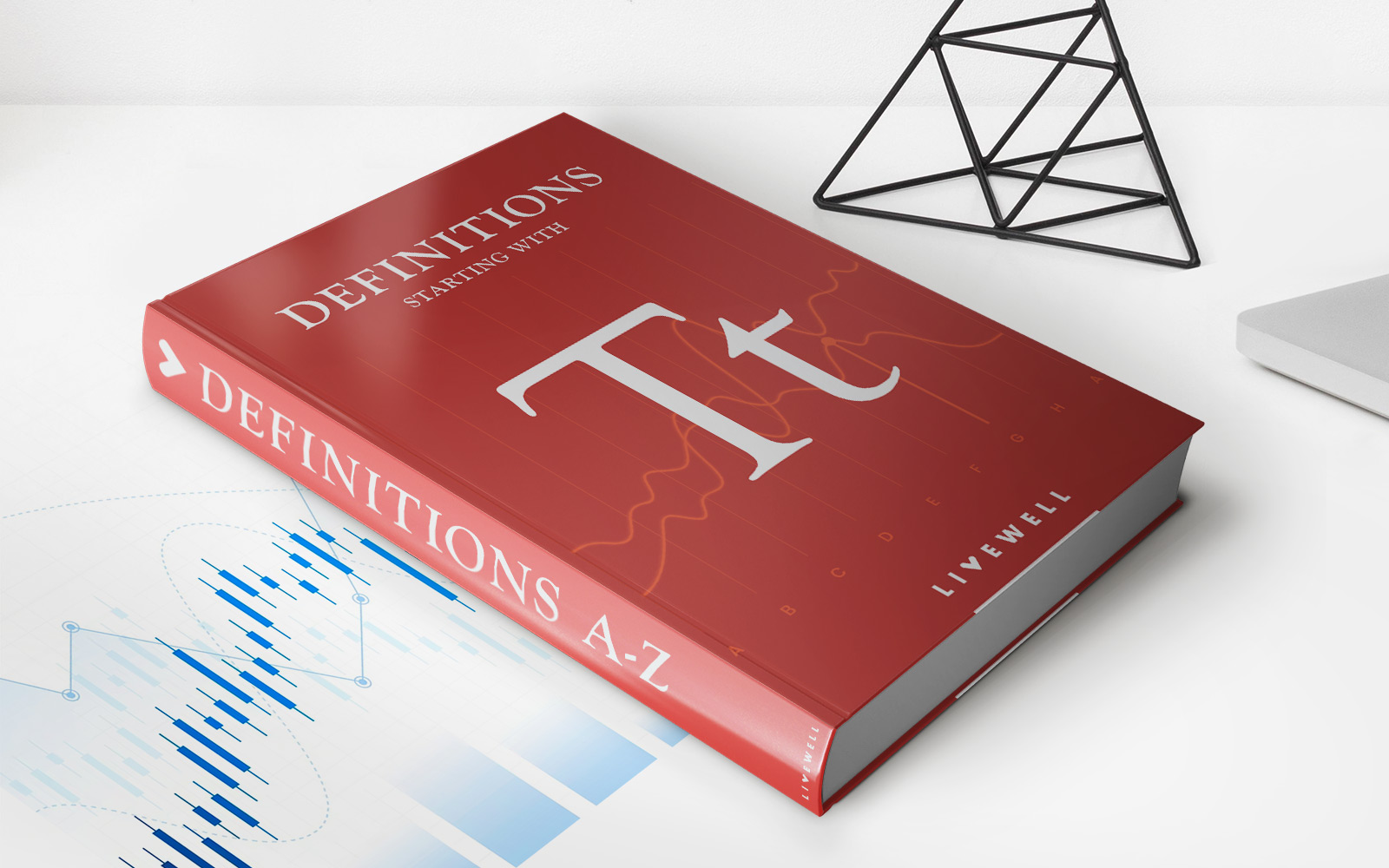Home>Finance>Peer-to-Peer (P2P) Economy: Definition Vs. Capitalism


Finance
Peer-to-Peer (P2P) Economy: Definition Vs. Capitalism
Published: January 6, 2024
Discover the difference between the peer-to-peer (P2P) economy and capitalism. Uncover the impact of finance on these systems and explore their definitions and workings.
(Many of the links in this article redirect to a specific reviewed product. Your purchase of these products through affiliate links helps to generate commission for LiveWell, at no extra cost. Learn more)
Peer-to-Peer (P2P) Economy: Definition Vs. Capitalism
Welcome to the FINANCE category of our blog! Today, we are going to explore the fascinating world of the Peer-to-Peer (P2P) economy and its relationship with capitalism. Have you ever wondered how this emerging economic model differs from the traditional capitalistic system? Or perhaps you’re curious about how P2P economies are reshaping the way we exchange goods and services? Join us as we unravel the mysteries of P2P economics and its impact on our financial landscape.
Key Takeaways:
- The P2P economy is based on decentralized networks that connect individuals to directly exchange goods and services.
- Capitalism, on the other hand, is a system where production and distribution are owned and controlled by private individuals or corporations for profit.
Understanding the Peer-to-Peer (P2P) Economy
The P2P economy, also known as a sharing economy or collaborative economy, is a model where individuals connect directly with each other to trade goods, services, or resources without the need for a centralized authority. This economic concept gained popularity with the rise of platforms like Airbnb, Uber, and TaskRabbit that facilitate peer-to-peer transactions. P2P economies rely on technology, primarily online platforms, to connect individuals, enabling them to share, rent, buy, or sell resources directly, often bypassing traditional intermediaries.
In contrast, capitalism is an economic system based on private ownership and the pursuit of profit. In a capitalistic society, businesses are privately owned, and the production and distribution of goods and services are driven by market forces. Capitalism thrives on competition, encouraging companies to innovate and maximize their profits. Traditional financial institutions, such as banks and corporations, play a significant role in a capitalistic economy.
P2P Economy vs. Capitalism: The Clash of Ideologies
While P2P economies and capitalism share some similarities, they also have distinct differences that shape their core ideologies. Here’s a breakdown of key contrasts:
P2P Economy
- Emphasizes collaboration and community building.
- Allows individuals to monetize underutilized assets or skills.
- Reduces barriers to entry for entrepreneurs.
- Promotes sustainable consumption and the efficient use of resources.
Capitalism
- Focuses on profit maximization and competition.
- Driven by market forces and the pursuit of self-interest.
- Relies on centralized institutions, such as corporations and banks, to facilitate economic activities.
- Can lead to wealth inequality and monopolistic practices.
It’s important to note that the P2P economy is not a perfect solution and faces its own set of challenges. Issues surrounding regulation, trust, and accountability still need to be addressed to ensure a fair and sustainable P2P ecosystem. However, it offers an exciting alternative to the traditional capitalistic model, empowering individuals and fostering a sense of community and resource optimization.
The Future of P2P Economics
The P2P economy is here to stay and will likely continue to grow and evolve rapidly. As technology advances and platforms become more sophisticated, we can expect to see further disruptions in various industries. The potential benefits are vast, including reduced costs, increased economic opportunities, and a shift towards a more sustainable and inclusive economy. This emerging economic model has the capacity to transform our financial landscape, driving innovation and reshaping traditional business models.
Final Thoughts
The P2P economy represents a paradigm shift in how we exchange goods and services. While it coexists alongside the traditional capitalist system, it offers an alternative framework that promotes collaboration, resource optimization, and community building. As we navigate the future of finance, understanding the nuances of the P2P economy and its relationship with capitalism will be crucial. Embracing this evolving economic landscape opens up new opportunities for individuals and societies alike, fostering a more inclusive and sustainable future.














